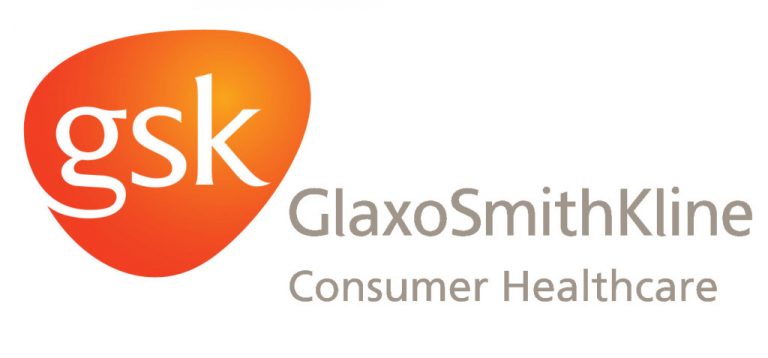
GlaxoSmithKline Plc (NYSE:GSK) (GSK) has introduced Take 5 for Meningitis, an educational campaign that seeks to promote meningitis awareness. The launch took place earlier this month.
Jamie Schanbaum, a meningitis survivor; Anne Geddes, a recognized photographer; and Leonard Friedland, M.D., Vice President, Director Scientific Affairs and Public Health, Vaccines North America for GSK, spearheaded the launch of the campaign at BlogHer2016 in California.
Take 5 for Meningitis
Take 5 for Meningitis aims to address the growing number of young adults who have not yet been vaccinated for five groups of meningitis. The campaign will take advantage of digital media platforms and launch educational events as a means of educating young adults and their parents. More importantly, Take 5 for Meningitis will encourage them to get the necessary immunizations, increasing the vaccination rates.
Currently, there are two types of vaccines that can help prevent five meningitis groups, which include meningitis A, B, C, W, and Y.
Schanbaum emphasized that she supports the campaign to help young adults take preventive measures by clearly understanding meningitis. She hinted that she did not want others to experience what she had gone through because of meningitis, having to lose all 10 fingers and both legs.
Friedland, on the other hand, noted that vaccinations against and knowledge about the rare disease are the best way to combat it.
Schanbaum and fellow meningitis survivor Nick Springer will share their experiences to better urge young adults to get vaccine shots as they learn from real-life stories.
Meningitis
70% of the young adult population have already been vaccinated against meningitis A, meningitis C, meningitis W, and meningitis Y. However, no more than 10% of the said population have been vaccinated against meningitis B.
The latest data indicate that about 30% of meningococcal disease cases in the US are caused by meningitis B. Statistics suggest that 10% of meningitis B patients die while 20% of survivors suffer from long-term physical and/or mental disabilities.
The young adult population is at the greatest risk for meningitis. The condition is difficult to treat and highly fatal.




